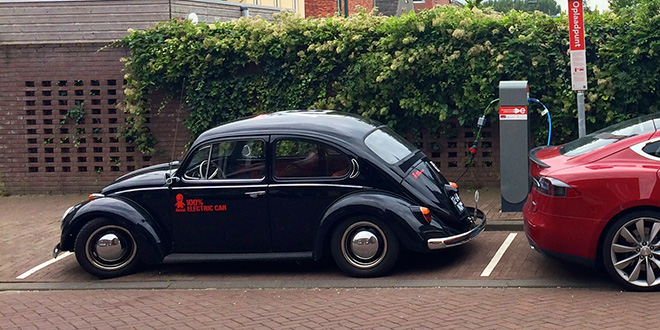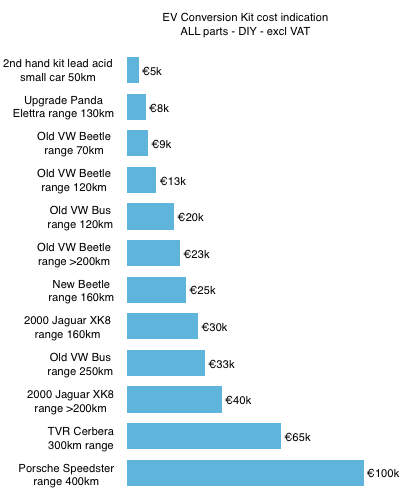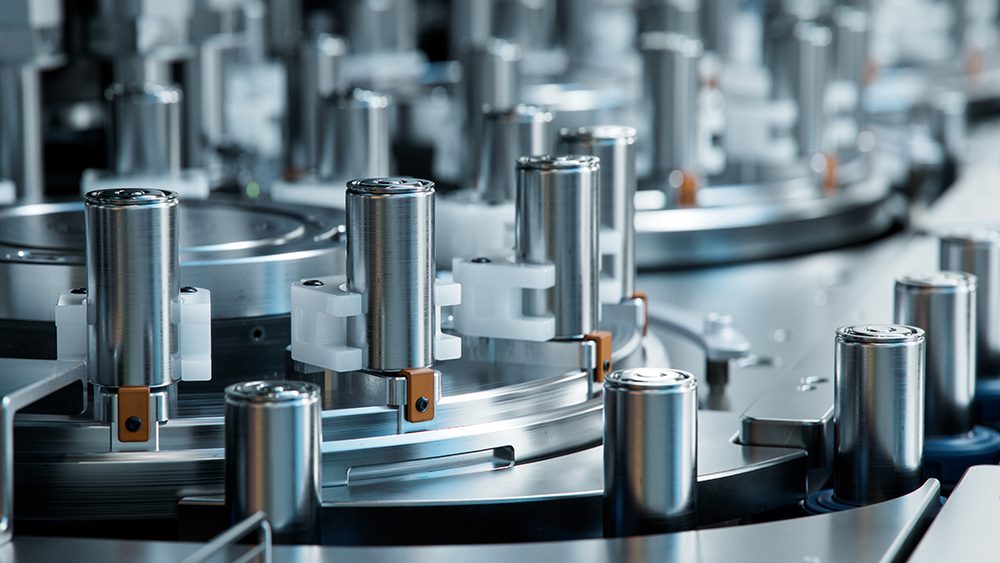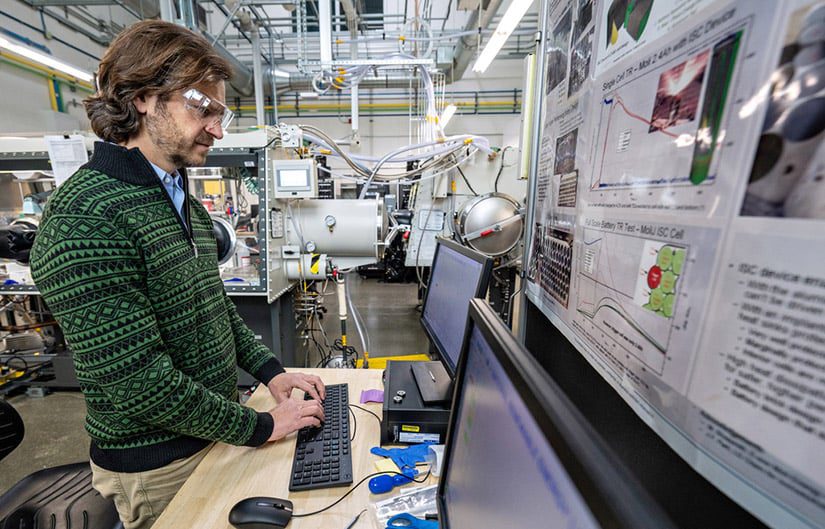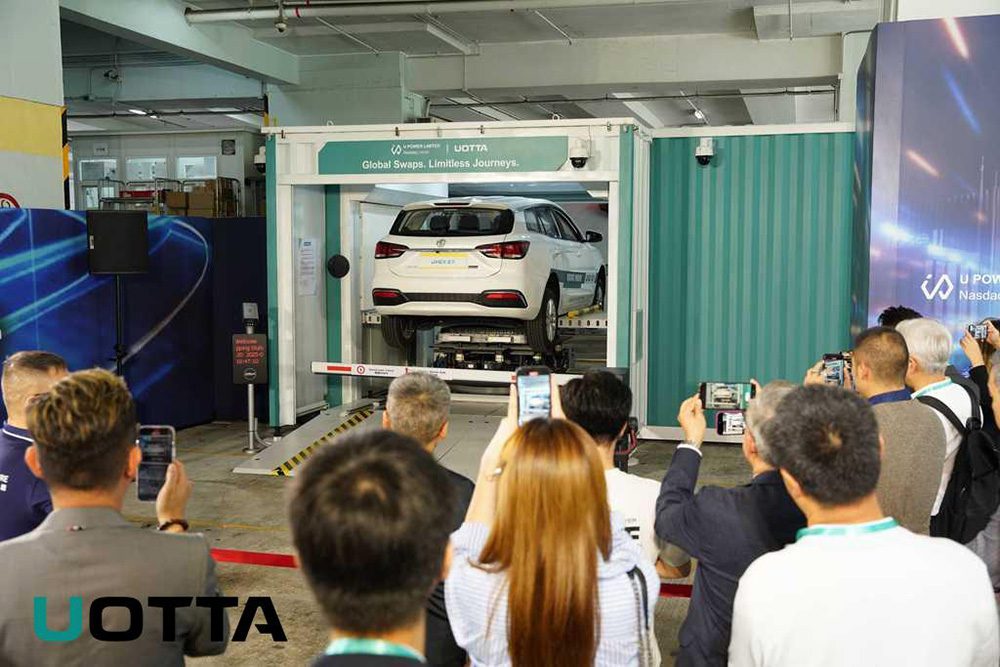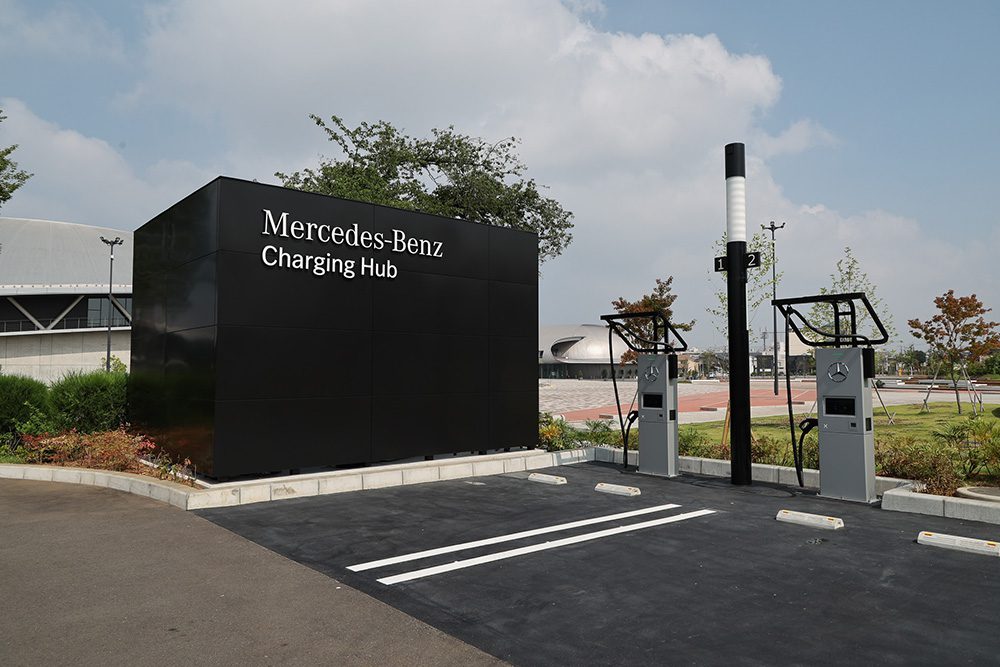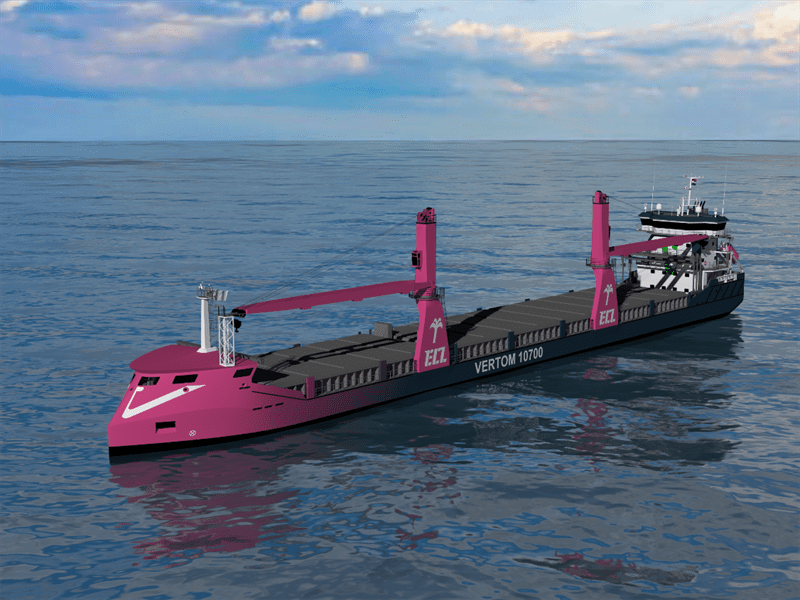More and more gearheads are converting their favorite cars (and boats) to electric drive. However, it can be tough to estimate how much a particular project will cost. The final bill may be anywhere from $6,000 for a basic city car to $125,000 for a state-of-the-art Tesla-killer.
It all depends on the type of vehicle, and the features and performance that you want. Leaving out a few goodies that you may not really need can save a bundle. Experienced electrifier Joost ter Doest has compiled a handy list of 10 major factors that determine your EV conversion budget.
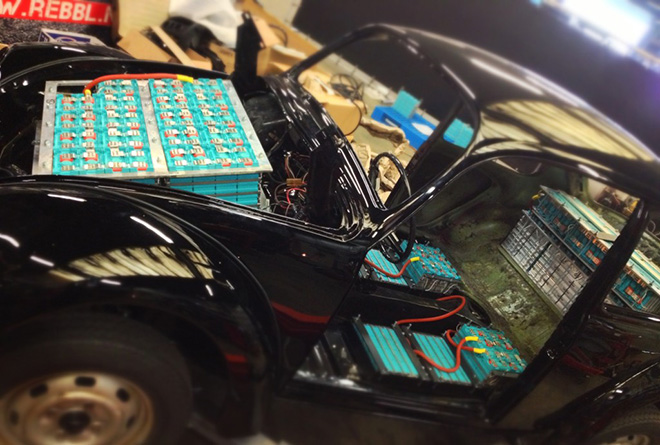
Older, simpler vehicles are cheaper to convert than modern cars, which tend to be heavier and include complex computerized systems that control functions like air conditioning and power steering. A car that’s half the weight will need half the batteries.

Sporty acceleration and high top speeds require bigger motors and more expensive controllers. Do you really need regenerative braking? Complex battery management? All of these things can add a lot to the bottom line. And needless to say, settling for a bit less range will keep the budget much lower.
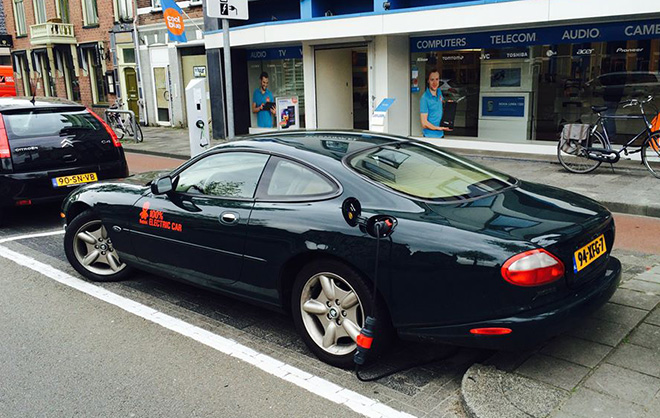
Doest also points out that it can be cheaper to convert a model that others have already worked with, as standard parts such as motor mounts and battery casings may be available off-the-shelf. If you live in Europe, you may be able to find an old Fiat, Peugeot, Citroen and Renault EV that you can upgrade by replacing the lead-acid or NiCad batteries with Li-ion.
Images couresty of Rebbl







